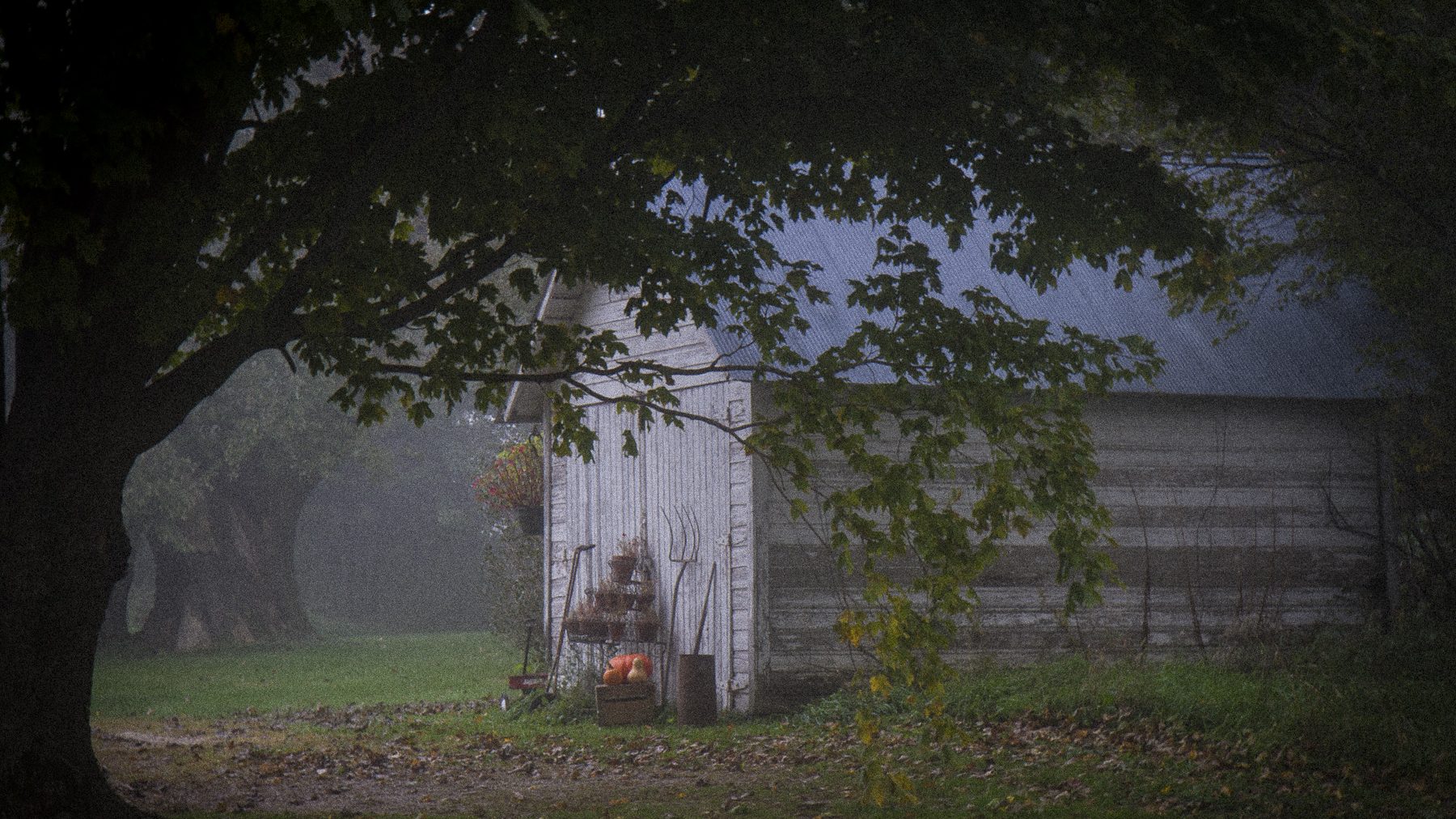I was working diligently, contriving a rationalization of my decampment to Mexico in 2008 that might pass muster with a neutral reader. (I long ago gave up attempting to justify it to my own children.) A report came on the radio that the Spanish government has passed legislation envisioning the removal of Francisco Franco’s remains from the mammoth memorial to himself that he ordered to be constructed with slave labor when he was alive and in power. Homage to Catalonia had been much on my mind recently, for reasons of my own. I confess that I am a fool for George Orwell. The upshot was that I became completely distracted with that news. I confess also that I am easily distracted, a personality quirk that I can accommodate in my current life without medication and that I rather enjoy.
Without exception, the written reports on this new Spanish legislation presented the Spanish Civil War as a binary conflict between Fascists and Republicans. That is an understandable simplification in context. It did, however, bring to mind Orwell’s eloquent description of how the mainstream media of his day misrepresented the war from afar.
A few years ago I read and reread Chapters V and XI of Homage to Catalonia. In some editions of the book, those chapters are included only as appendices; it is dense reading. At the outset, Orwell himself was nonplussed by the alphabet soup of the political situation in Spain. He was at a loss at first when confronted with the idea of right wing communism. It was only as he became aware that he was every bit as much in danger of being killed by the “Communists” as he was of being killed by Fascists that he became educated.
He explains it all about as clearly as it could be explained. The problem arises in part out of the simplistic preconceptions about the Spanish Civil War that we bring to the book even now. Orwell is still trying to get us straightened out.
I think his explanation would have been immeasurably clearer if he had used the term “Stalinist” every time he describes the P.S.U.C. rather than “Communist.” The reason he did not is that the word “Stalinist” had yet to be coined at the time of writing. The distinction is this. Stalinists placed the interests of the Soviet Union first and foremost. The ideals of socialism held a very distant second place to that imperative. It was Leon Trotsky’s view that Stalinists really did not give a damn about international socialist ideals at all and in fact considered them anathema. Therefore, when you are reading, you might try mentally substituting the word “Stalinist” for the word “Communist” whenever you encounter it. In the few instances where that would lead to an inaccurate reading, the context will tip you off.
It was in the vital interest of the Soviet Union at the time to have strong alliances with capitalist democracies for the purposes of its own defense. The Spanish Republic, the government that Franco was attempting to overthrow by military coup, was a capitalist democracy. Another capitalist democratic ally is exactly what the Stalinists wanted in Spain. They did not want a revolution, be it anarchist or socialist or fascist. It was the Stalinists who were truly defending the existing capitalist democracy because they deeply appreciated that a Franco government in Spain would not be an ally of the Soviet Union.
Thence the three-way aspect of this conflict. Contemporaneously with the hostilities between the army and the established republic, the anarchists and labor groups started a true left-wing revolution that ultimately would have done away with the republic, a capitalist democracy… and the Roman Catholic Church in Spain as well, by the way. The tricky aspects of the situation arose out of grim necessity. The true left-wingers, the anarchists and labor groups who were in the midst of staging their revolution, and their enemies, the Stalinists, were forced into an extremely uneasy cooperative effort in fighting Franco. Had Franco been defeated, the Spanish Civil War would likely have morphed into a two-way conflict between the left-wing anarchists and labor groups on one side and the capitalist democratic republic and Stalinists on the other.
In the end the lesson of the book is an old one: Politics can get you killed.






